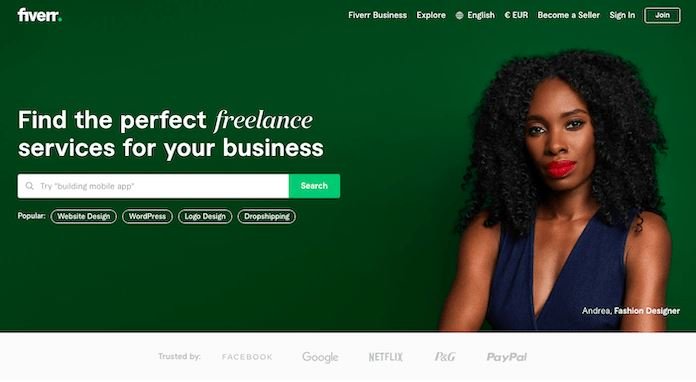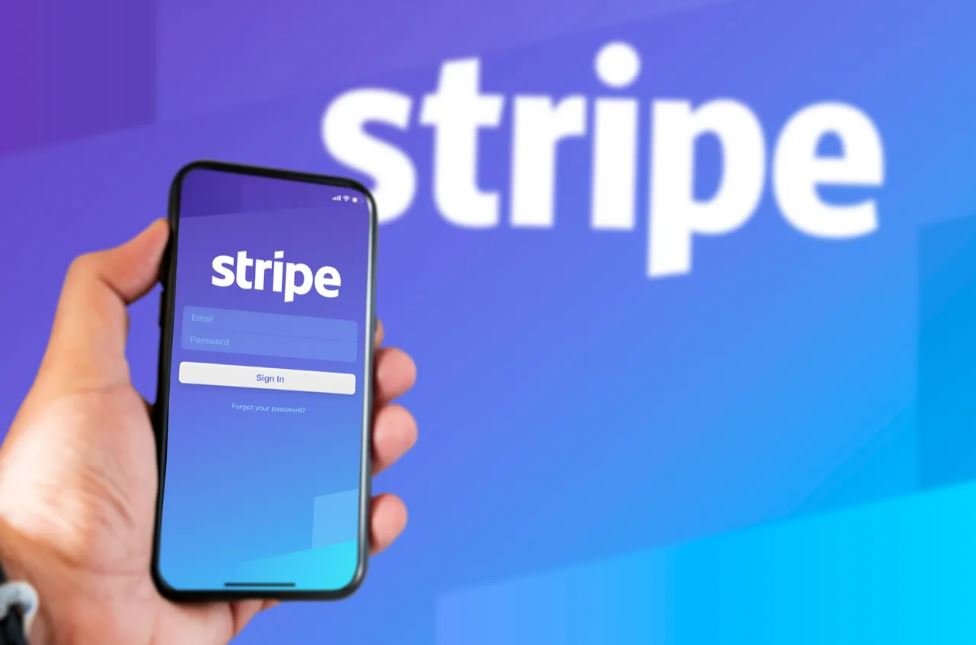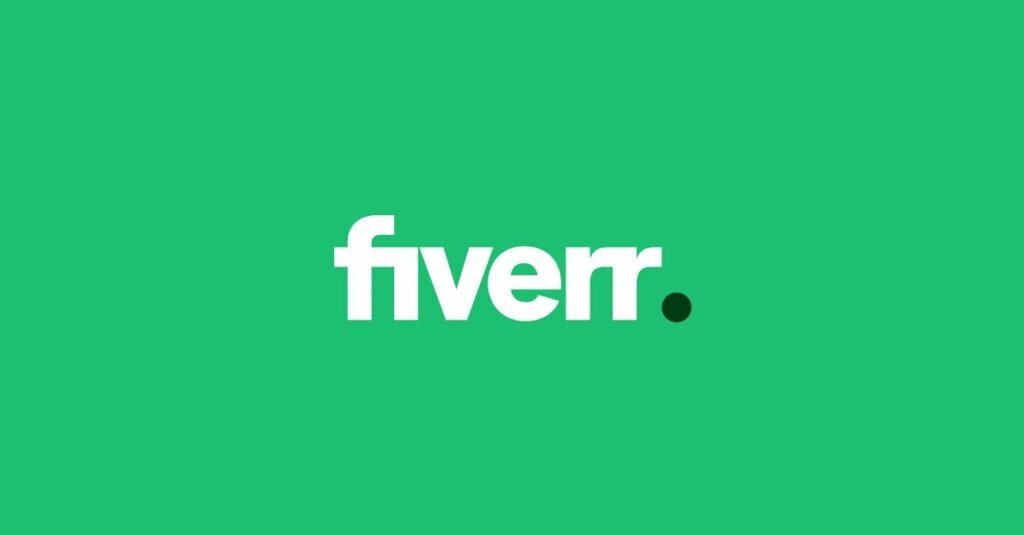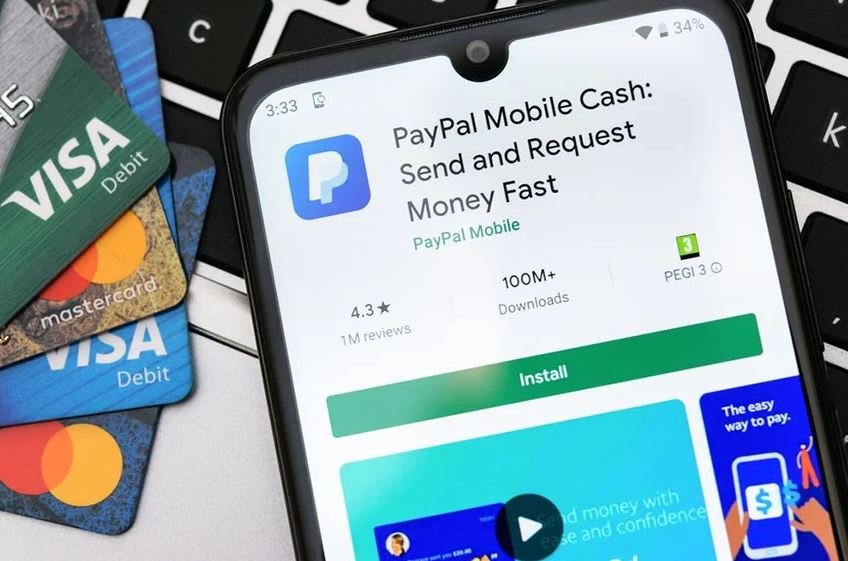Freelancing or independent contracting is getting more popular in the present time. There are many benefits of freelancing. It’s a significant achievement for those wanting to earn their income without being employed full-time. If you are a newbie, you will be wondering how to find clients as a freelancer
Freelancing can be challenging, but it can also be fulfilling to control your schedule and assignments. You can find clients as a freelancer through a freelance marketplace, social media, emails, networking at conferences, LinkedIn, and referrals.
Freelancing is a great way to make money, but where do you find clients? To help you find your answer, here are some of the most reliable and efficient ways to find clients online and offline as a freelancer.
How Can You Find Clients As A Freelancer?

The first time I tried to find a freelance client, I had no idea what I was doing. After some trial and error, I discovered that the below would be your key to success.
1. Grow Your Social Media Presence
Social media is a great way to connect with potential clients. You can share your portfolio, promote your work, and build a solid online presence. Here are some tips for growing your social media presence:
Use hashtags when you post about your work. This will help people search for other posts that use the same hashtag. For example, if you post about designing an app and use the hashtag #appdesigner, people who are looking for someone like you will be able to find it easily.
Create professional profiles on all the major platforms (Facebook, Instagram, Twitter) so that potential clients can find them easily by searching for keywords related to what kind of freelancer they’re looking for like a web designer or illustrator.
In addition to filling out basic information (name/location/etc.), make sure each profile has these elements; a professional cover photo, a professionally-designed background pic, and a header graphic (like a distinctive logo).
2. Build A Portfolio
The first step to getting clients is to show them what you can do, so create an online portfolio that showcases the best of your work and makes it easy for potential clients to get in touch with you. You should also include information about yourself, including links to your social media accounts.
Make sure your website meets Google’s standards. It’s essential that any potential clients can find you online quickly, and without having to look too hard. So, make sure your site has all the right keywords in the right places, as well as sound design and navigation overall.
3. Through Blogging
Include a blog on your online résumé or portfolio of work. But before you plunge headfirst into the world of blogging, you need to make sure you have a solid understanding of your audience.
By focusing your writing on issues pertinent to the industry in which you wish to find employment, you will have the opportunity to demonstrate that you are an expert in that sector. There is a specific skill involved here.
Here’s a brief example: You are a site designer and developer specializing in WordPress. You might consider writing “how-to” articles for WordPress to be a worthwhile endeavor. These papers are quite helpful in many ways. But only to individuals who are interested in learning WordPress on their own and not those who are interested in paying someone else to construct a website for them.
Instead, it would help if you focused on writing content that will interest readers and have a higher probability of leading to sales. For example, you may publish an article discussing how making a website responsive can increase X number of sales. That will draw the attention of the appropriate individuals, and it will make it more likely that you will land a new job.
4. Former Colleagues And Bosses
Most freelance jobs start with an introduction from someone you know. For example, if you’re a developer and a friend tells you they need someone to build their website, it’s easier for you to get started on the project because you already have a relationship with the client.
Former employers and colleagues are often good sources for freelance work. If your former employer has moved on but still needs help with something, they might be willing to hire you as a freelancer.
The same goes for your colleagues. If one of them knows about somebody who needs work done and can vouch for your skills and reliability, this can be an easy way to get started as a freelancer.
If your friends aren’t able to introduce you directly to clients but know about people who need help, they might be able to connect you through social media or word of mouth.
5. Find Leads Through Freelancing Websites.
You should also check out sites like Upwork, Freelancer, and Guru. These sites are great for finding clients who need specific skills or have small jobs that they’re looking to get done as soon as possible.
However you’ll want to spend some time researching each site before signing up for it. A few questions you should ask yourself are: How much do they charge? What kind of jobs can I expect there? Does it seem worth my time? It’s important not just because it will save you money but also because working with bad clients can drive you crazy.
6. Use LinkedIn To Expand Your Network.
LinkedIn is one of the best places for freelancers to find work. It’s a great way to connect with other professionals from all over the world who might be interested in hiring you as a contractor or employee.
Use the search filters on LinkedIn to find people who have similar skills as yours. If someone has worked in your industry before, send them an invitation and tell them why they should hire you.
LinkedIn can be a great way to expand your network and connect with potential clients. Use the LinkedIn platform to connect with people who might need your services, or who can refer you to someone who does. They may have connections that are valuable for you.
You can also use LinkedIn to look for partners, employees, investors and advisors. In some cases, these people will be people in your network already; in other cases it might mean reaching out through a cold call (or an email).
7. Network By Attending Conferences And Events.
Conferences are great for meeting potential clients face-to-face. You’ll often have the opportunity to show off your work and meet with potential clients at booths or during networking events.
Some conferences also feature presentations from successful freelancers who have gone through similar challenges, which is an excellent source of knowledge and inspiration.
You can also find potential clients by networking with people at events. At a conference or event, be sure to talk to as many people as possible. Make notes on paper or in your phone of the names and contact information of those who seem like they could be good leads.
Also, ask these folks if they know anyone else who could possibly be looking for work like yours. It’s always helpful to have an extra connection.
8. Create A Referral Program For Past Clients.
One of the easiest ways to find new clients is by using a referral program for past clients. Referral programs are a great way to get your name out there in the world, and can help you build your network, which can lead to more business down the road.
With this type of program, you offer some kind of bonus or incentive for your past clients who refer someone new. No matter what kind of incentive works best with your industry and niche (or even just how much time/money you have), the goal here is simply finding more people who need what you provide.
9. Friends And Family
Disseminate the word! Inform your loved ones that you’ve decided to pursue a freelancing profession. Inquire if they have any writing or design or web development needs. And ask them to spread the word about your availability to their friends and business contacts.
How could you have known that your cousin’s production facility uses freelance package designers, or that your neighbor’s investment advisor needs help constructing their new website? Your friends and family will be able to vouch for your commitment and honesty. The number of people who are aware that you are a freelancer will expand tremendously before your eyes.
Bottom Line
That’s all there is to it. With these steps, you’ll be well on your way to finding your first client and starting a successful freelance career. And don’t forget the basics: keep doing great work and continue putting yourself out there. Eventually, people will take notice of what you have to offer, and they’ll hire you because of it.








